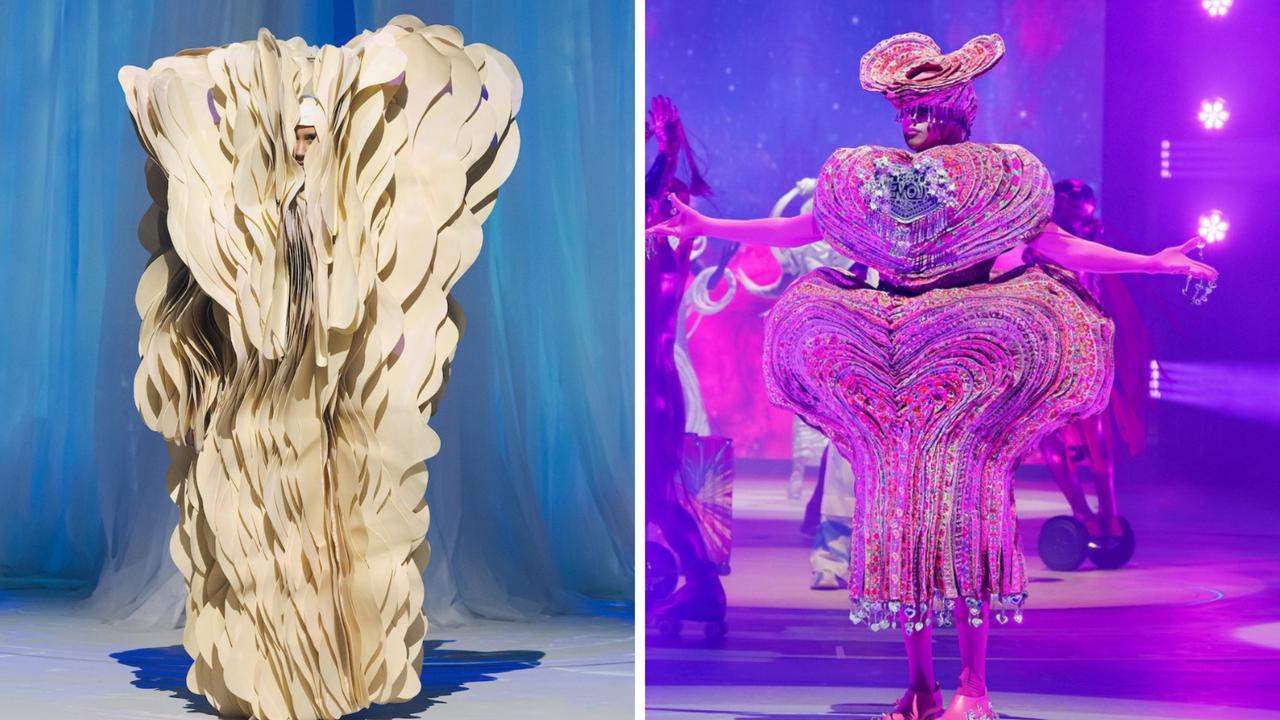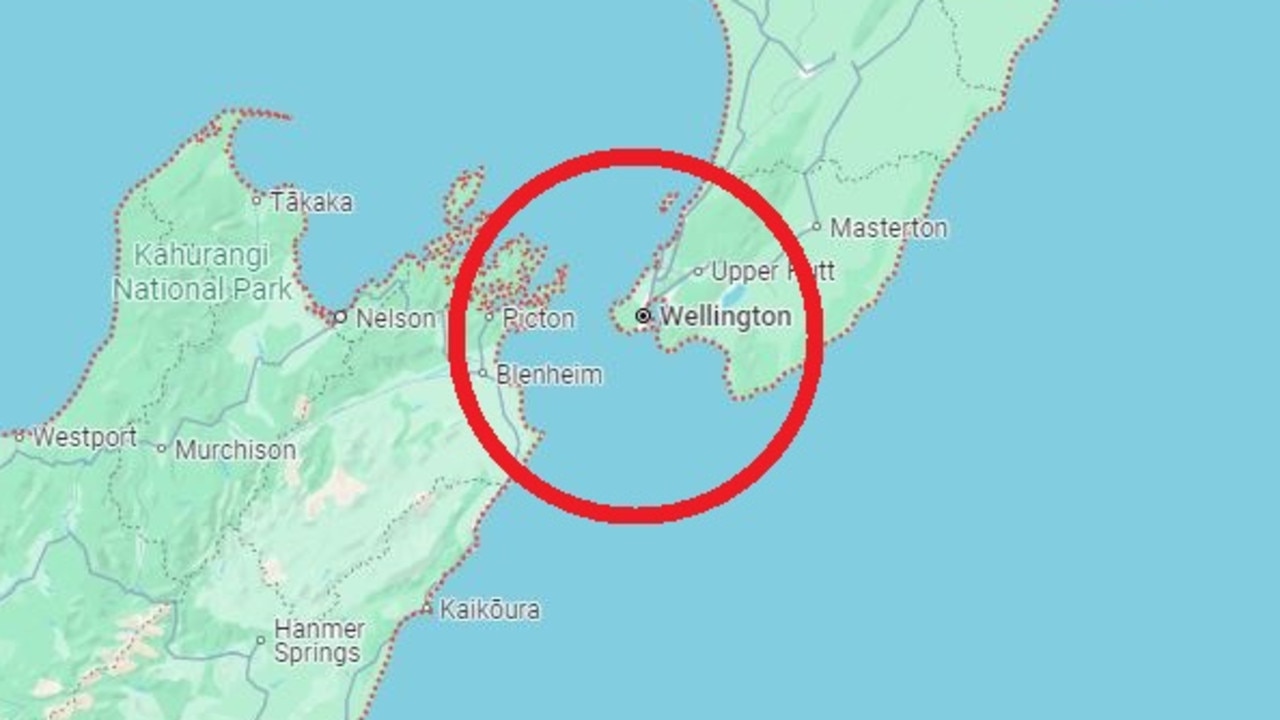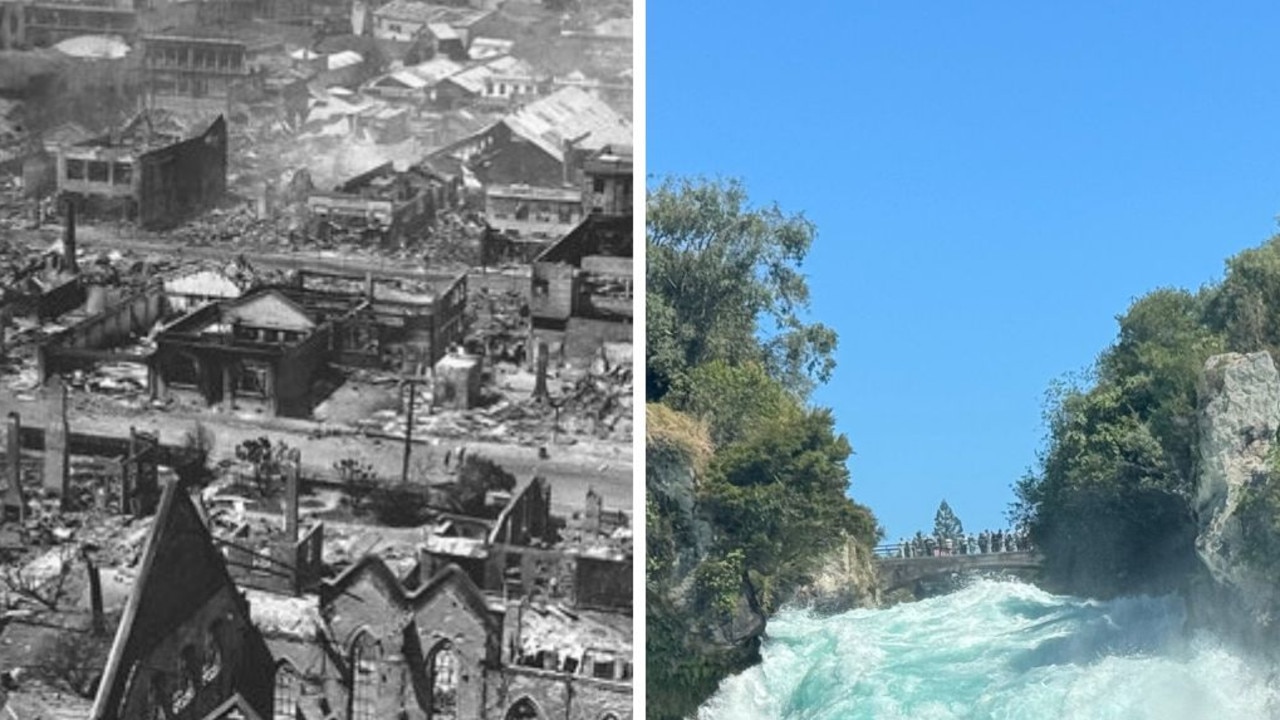Tourism expert says New Zealand has a battle on its hands to regain confidence
Australia is New Zealand’s biggest tourist market but with the nationality of the gunman, we may not be welcome anymore.
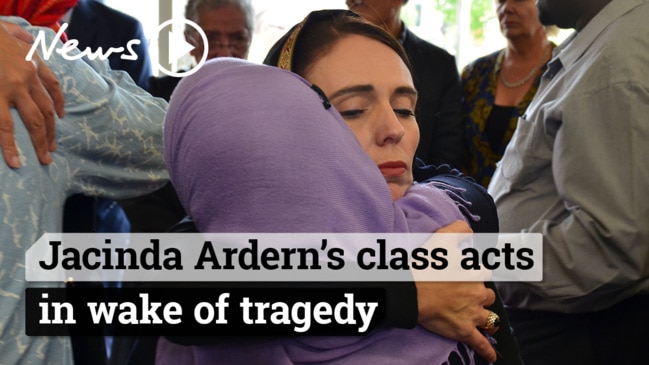
If any city knows how to rebuild after tragedy, it’s Christchurch.
But the latest horror to engulf one of the world’s safest destinations has left New Zealand in tatters and the world mourning alongside the broken city.
In the hours following the mosque attacks, live updates, pictures, videos and commentary filled social media feeds questioning flawed gun laws and border security. The other question was around the country’s long-held reputation for “safety” as a destination.
“New Zealand was known for its simplicity in the world,” one tweet read. “New Zealand was being called as a better place to live. New Zealand was being called as best tourist destination. All of this are fake news from now. (They) will be added to the list of terrorist nation.”
“One of my fav country (sic) now I have to think about going there as a ‘tourist’,” another added. “Do you think that we need travel warning to New Zealand?” another questioned.
#Christchurch doing the tourist thing in New Zealand. Just walked back from Christchurch station to our hotel. Not far from the mosque we walked past on Tuesday on our way to Hagley Park! Unbelievable evil has occurred here.
— Phil Nester (@NesterPhil) March 15, 2019
New Zealand was known for its simplicity in the world.
— Dexter (@9exter) March 15, 2019
New Zealand was being called as a better place to live on.
New Zealand was being called as best tourist destination.
All of this are fake news from now.
Will be added to the list of terrorist nation. #Christchurch
The city of Christchurch has faced devastation before — but never like this.
Speaking to news.com.au, Dr David Beirman, senior lecturer in tourism from the University of Technology in Sydney, said New Zealand may have a battle on their hands to regain the confidence of its people and the tens of thousands who visited the country each year.
“Tourism has been impacted by terrorism around the world as we have seen previously,” he said.
“If you look at all the places where something like this could happen, Christchurch was down the bottom of the list. But the city, and especially a place of worship, is an incredibly soft target. This is not something I would’ve expected … and for New Zealand this is really a loss of innocence.”
Dr Beirman said while there were few things that would dampen a traveller’s spirit, terrorism or some sort of violent attack was one of them. And while the impact on tourist arrivals will be smaller than if tourists themselves had been targeted, as in some terrorist attacks overseas, he still predicts a dip in tourism.
“People travelling to Christchurch might worry about the shaking from earthquakes or a natural disaster but never something like this,” he said, citing the 2011 earthquake that devastated 95 per cent of the city centre.
“The city is considered such a calm, nice and safe place in the world, but this incident has blown that out of the window. You can’t say anymore Christchurch is a safe destination.”

In the wake of the deadly rampage, New Zealand’s threat levels were raised to ‘high’ posing concerns for those travelling to or already holidaying in the country.
According to DFAT, tourists have been warned to remain alert and exercise caution while in New Zealand, and advised travellers to ‘monitor the media and other sources for changes to local conditions.’
In a statement to news.com.au, director of Comparetravelinsurance.com.au Natalie Ball said she can understand if tourists are feeling “apprehensive” about going to Christchurch. However, those wanting to alter their holiday plans are likely to not be covered by insurance.
“Generally speaking, in the event of a terror attack, most policies wouldn’t cover cancellation fees or changed travel plans but would still provide cover for medical costs and repatriation,” she said.
“While travel insurance does not cover you for change of mind, we do acknowledge that travellers going in and out of Christchurch may feel apprehensive and concerned about their safety.
“Thankfully airlines are responding with compassion. For instance, travellers flying with Air New Zealand will not be charged if forced to amend their flight plans. We encourage you to contact your airline and see what provisions are available to you.”
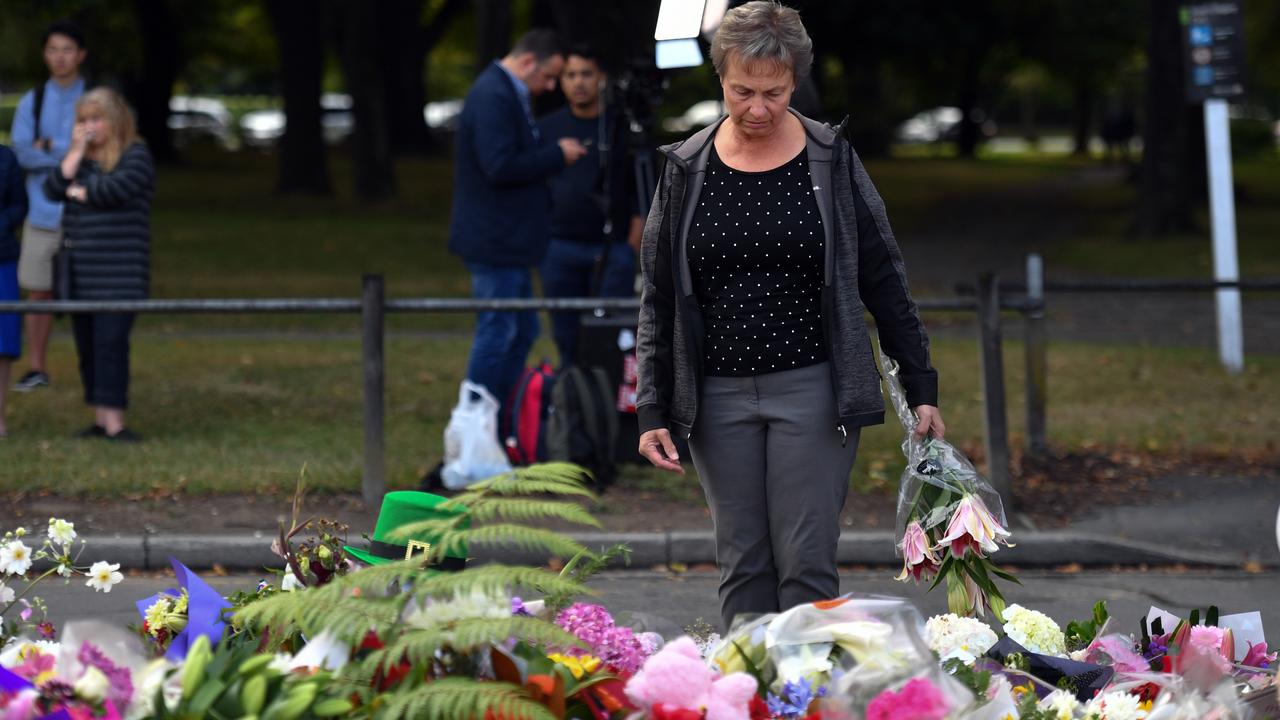
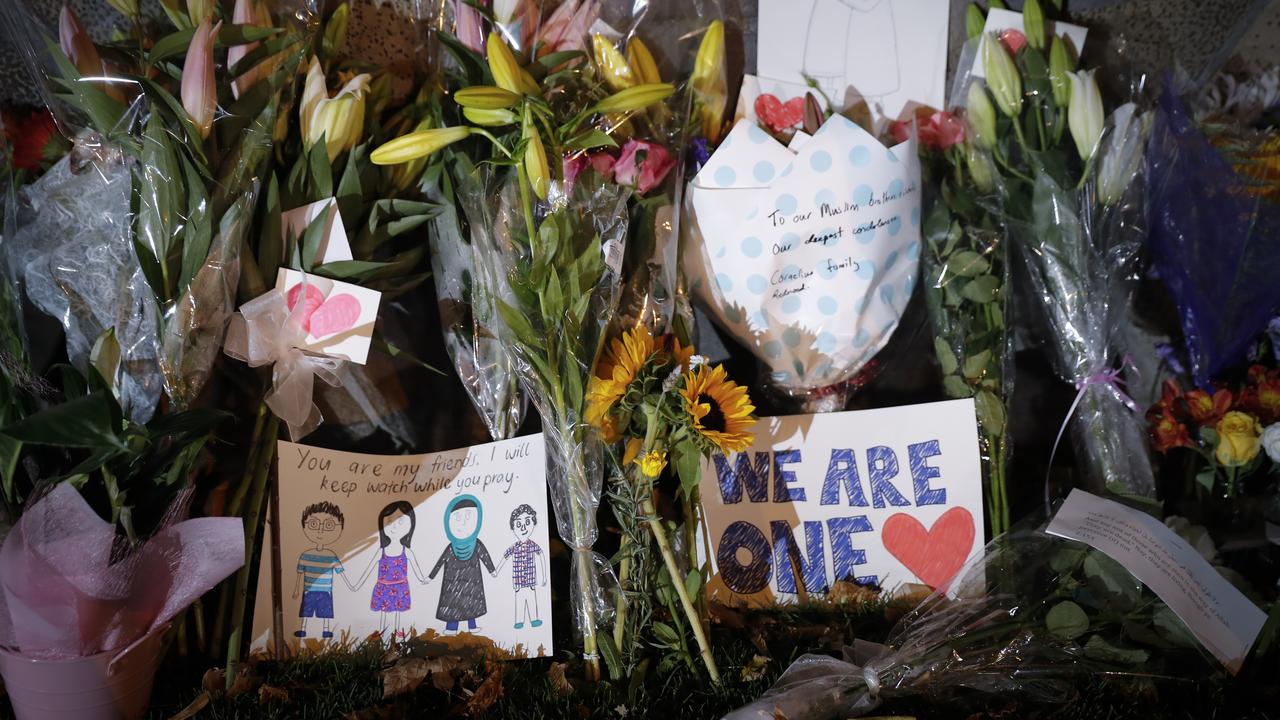
Dr Beirman said like attacks in Paris, London, New York and even Tasmania’s Port Arthur shooting before them, this massacre was likely to affect travellers’ decisions to visit the city at this time.
“Of course you have acts of criminality and you have crime, but something of this scale is unheard of in Christchurch,” he said. “The comparison here is Port Arthur, especially because Tasmania is like our New Zealand.
“There wasn’t much in the way of crime, and then the shooting happened which took Tasmania quite a long time to get over. As a tourism destination, they had to reimagine the place, and that is the response that Christchurch and Tourism New Zealand will do. They will need to separate this horrific incident as outside their normality, and that you cannot judge them from this.”
RELATED: Mum forced to listen as family murdered
RELATED: Police were warned about gunman
RELATED: ‘Come here’: How hero distracted gunman
A 2017 study released by Real Insurance and CoreData revealed how a terrorism attack or an act of violence could have a significant impact on tourist destinations and travel plans.
The study showed a majority of Australian parents were willing to fork out more to keep their families safe on holidays, and almost three-quarters said recent global unrest had impacted their travel plans. The statistics revealed more than 70 per cent of Australian families said recent terrorist events had an impact on their holiday travel plans, and the same portion agreed there were several places they would like to take their families on holiday but didn’t because of security concerns.
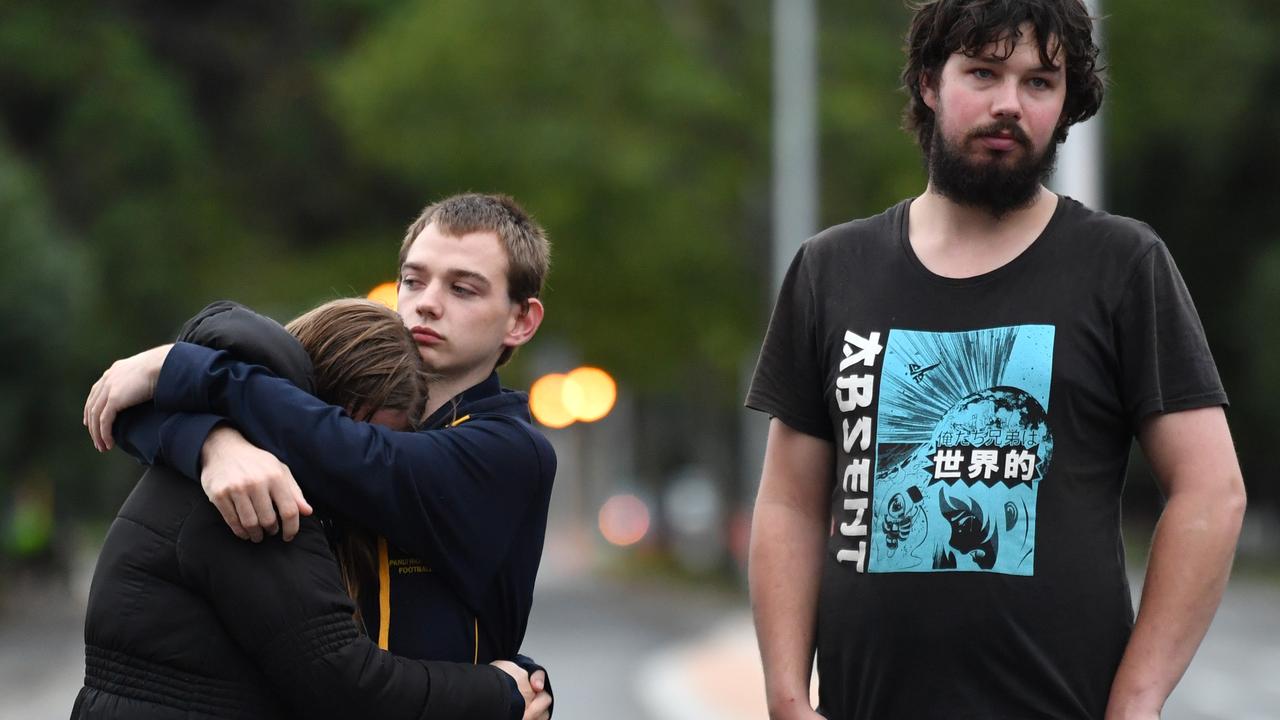
Dr Bierman said uncertainty around security in Christchurch would be short-lived, however believed Australian travellers could be met with hostility when venturing to New Zealand.
“Unfortunately, there are destinations in the world where terrorism is an ongoing threat like London, Paris and Brussels, but that doesn’t stop people going there,” he said.
“In this case, Australia is New Zealand’s biggest source of tourism. But because the accused is an Australian resident, it could have an impact on the type of response received by Aussie visitors.
“New Zealanders have long memories. They still give us curry about the underarm incident, which is obviously nothing compared to this. But given the nationality of the accused gunman, there could be concern that Australians won’t receive a warm welcome, which could well be the case.”
New Zealand has gone 20 years without a mass shooting, with the attack in Christchurch the deadliest in their modern history. Their most recent mass shooting was in 1997 when six people were killed and four wounded in the North Island town of Raurimu. Prior to the mosque massacre on Friday, New Zealand’s deadliest mass shooting was in 1990 when a gunman killed 13 people and injured three others.
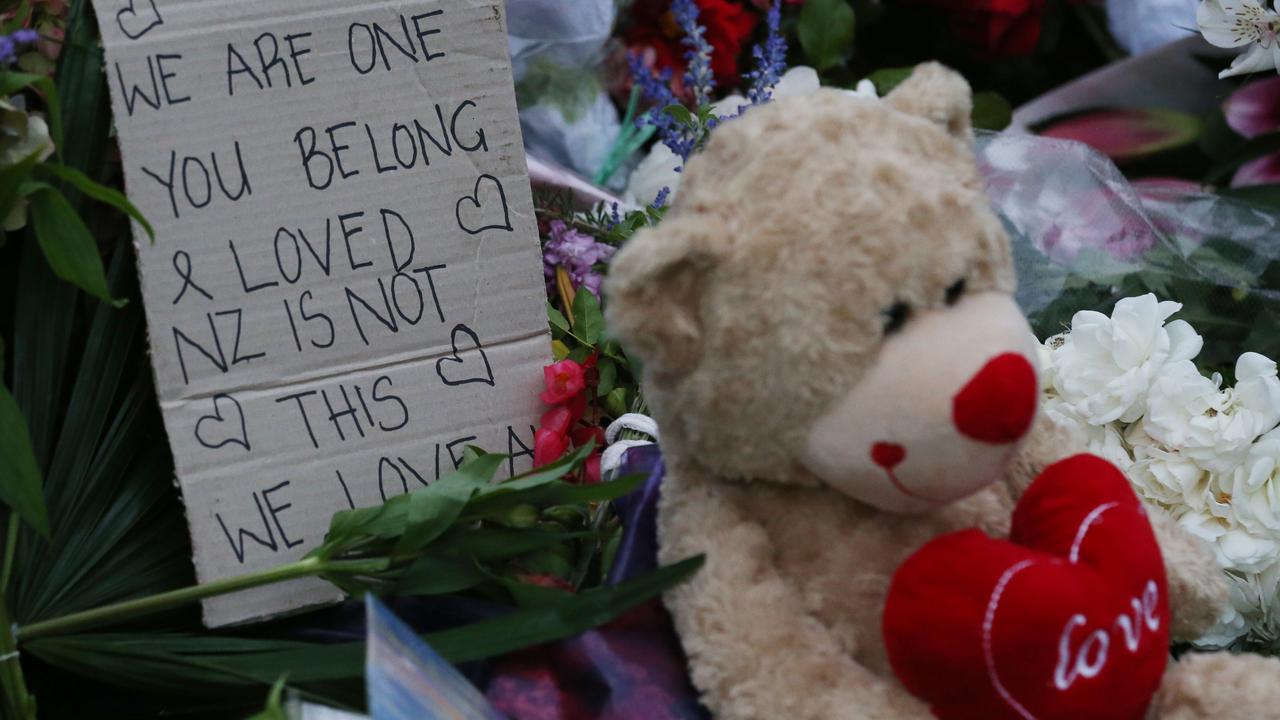
Christchurch has been in recovery mode since 2011 after almost 95 per cent of all buildings in the central business district were destroyed, declared unsafe or subsequently demolished after a magnitude 6.3 earthquake.
While much of the city battles to recover, the new city centre is taking shape and being spruiked as a global destination once again. But Dr Beirman said the challenge presented to Christchurch post-quake was different to the battle it faced now.
“Christchurch is well aware about dealing with natural disasters,” he said. “This attack is utterly aberrant to New Zealand’s way of life. The big challenge will be to separate this attack and explain that the nature of this incident in the broader space is isolated.
“I had expected an appalling event like this to happen in any one of many European countries as part of a wider backlash against Muslim extremism. However, Christchurch would have been near the bottom of my list of places where this sort of attack against a Muslim community would be likely to have occurred.
“I think that the impact on tourism will be relatively short-lived. However, I think for New Zealander’s its impact will be long-lasting. This dreadful incident will lead to a lot of soul-searching in New Zealand.”
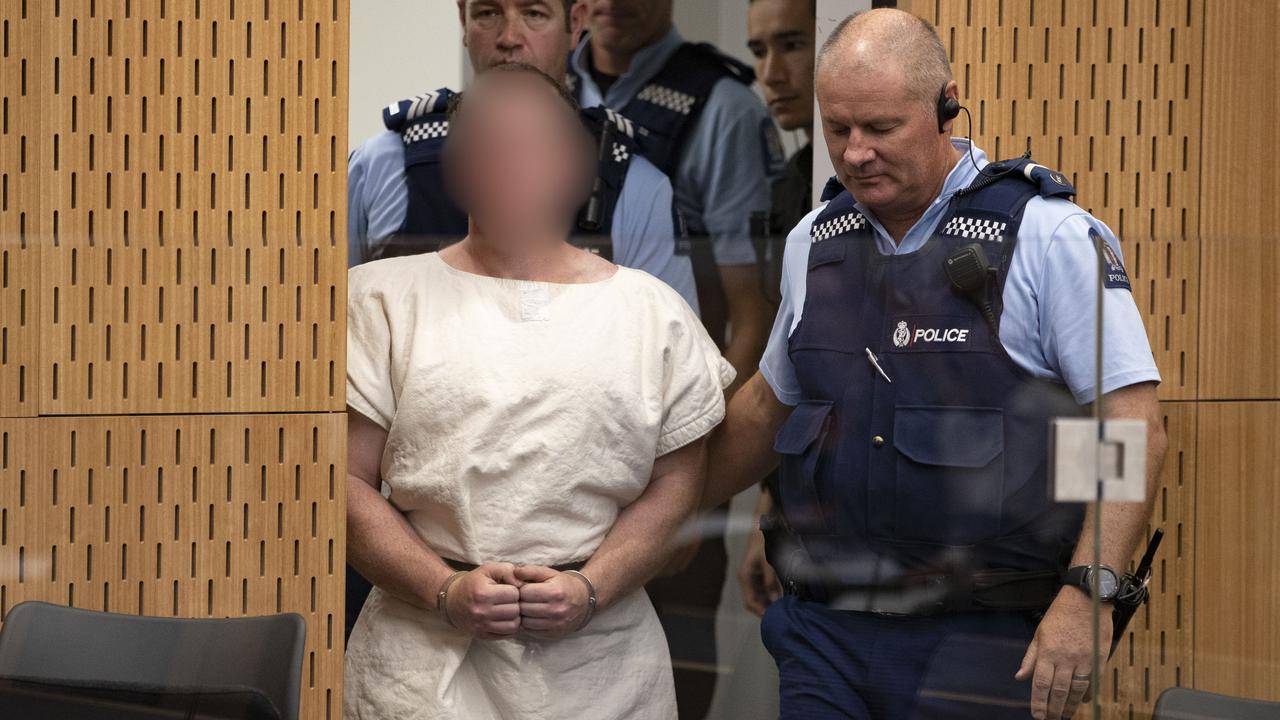
On Friday, Australian gunman Brenton Tarrant stormed the Al Noor mosque in the city’s centre, as well as the mosque in the suburb of Linwood, killing 50 people and seriously injuring 50 others.
The horror attack was lifestreamed on social media in a 17-minute broadcast of brutality that has been deemed one of “New Zealand’s darkest days”.
The 28-year-old former Grafton resident published a 73-page manifesto ahead of the attack, outlining his motive, objections to immigration and multiculturalism and condemning the “decaying” culture of the white, European, Western world.
But the alleged “work of hate” document by the former personal trainer, who was just a visitor in New Zealand, also explains why he chose the peaceful city of Christchurch to execute his act of violence.
“I only arrived in New Zealand to live temporarily while I planned and trained, but I soon found out that New Zealand was as target rich of an environment as anywhere else in the world,” it read.
The accused shooter says his hate was not formed in Christchurch, nor while visiting New Zealand, but the city became his target because of its reputation for being such a safe place, isolated from the rest of the world.
“I think the reason that we have been targeted — and this was, as I understand it, a deliberate decision to target our city and our country — was because we are a safe city and a safe country,” Christchurch mayor Lianne Dalziel said at a news conference on Saturday.
“This sort of extremism is not something that we’ve seen here. But he is not from here,” she said. “He came here with hate in his heart and intention to kill in his mind. So he did not develop his hatred here. He came here to perform this act of terrorism.”


